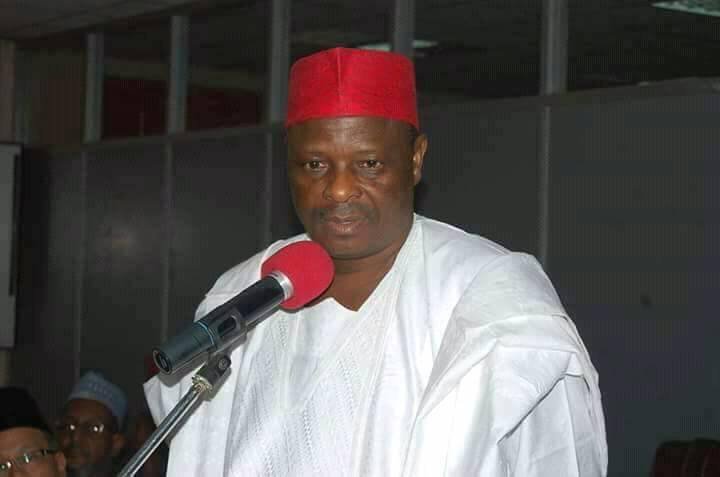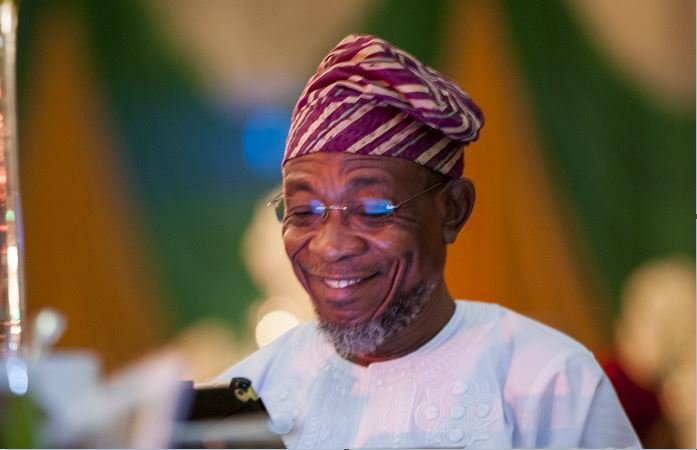In a blistering critique, former Vice President Atiku Abubakar has condemned the Bola Tinubu administration’s escalating crackdown on civil society, organized labor, and the media, likening the current political climate to the darkest days of Nigeria’s military dictatorship.
Atiku’s statement comes on the heels of the arrest of Nigerian Labour Congress (NLC) President Joe Ajaero, an incident that has sparked widespread outrage among rights groups and labor unions.
Ajaero was reportedly detained while en route to an official event, a move Atiku described as part of a “relentless campaign to intimidate and subdue organized labour.”
“This regime’s oppressive control surpasses even the harshest days of military dictatorship,” Atiku declared in a statement shared on X.com (formerly Twitter).
He further criticized the government’s handling of media freedom, referencing the recent detention of a journalist by security forces, an act that authorities later claimed was a mistake. “What if the outcome had been fatal?” Abubakar asked, stressing the dangers of such actions to Nigeria’s democratic fabric.
The former vice president also highlighted a recent move by the government to target the Socio-Economic Rights and Accountability Project (SERAP), a civil society organization known for its advocacy on transparency and human rights issues. According to Abubakar, the administration’s actions against SERAP represent a “grave affront to our democratic values.”
“This siege is anathema to the principles of freedom and justice,” he added, calling the government’s tactics a direct threat to the pillars of democracy in Nigeria.
Abubakar urged President Tinubu and his security agencies to focus their energies on confronting real security threats, rather than stifling dissent.
“It is imperative that Tinubu and his security apparatus redirect their fervour and intimidation towards the actual perpetrators of violence — terrorists and bandits — who are inflicting immeasurable suffering upon the Nigerian people,” he stated.
His comments have resonated across political and civil society circles, where concerns over press freedom, human rights, and labor rights have been steadily mounting. Abubakar’s condemnation is the latest in a growing chorus of voices accusing the Tinubu administration of eroding democratic freedoms in Nigeria.
The government, however, has yet to respond to these allegations.











